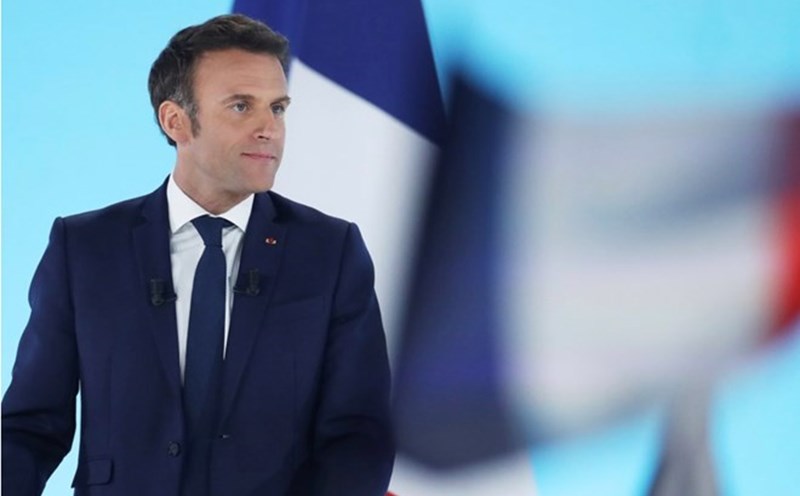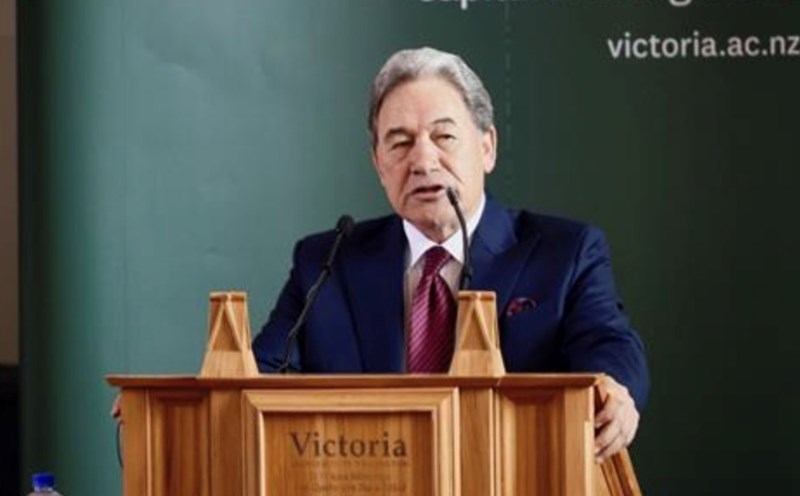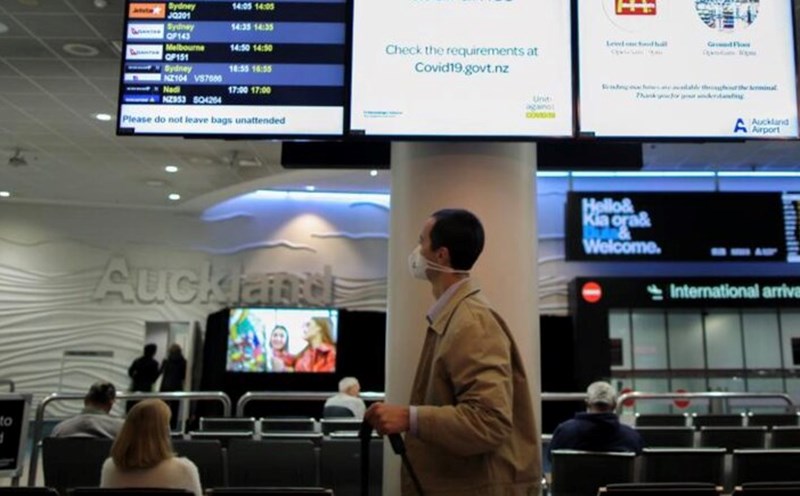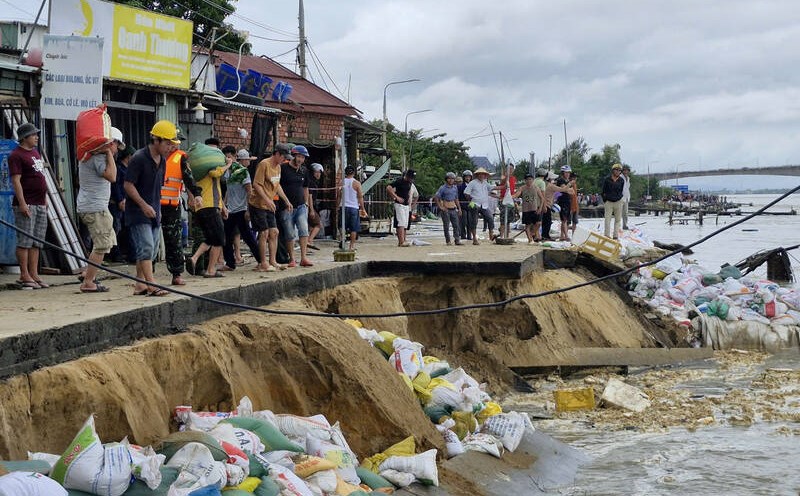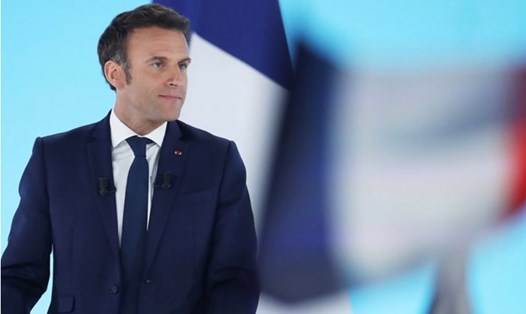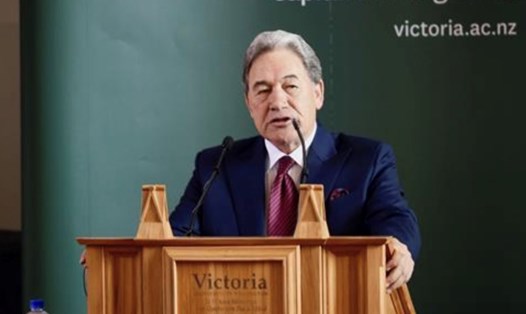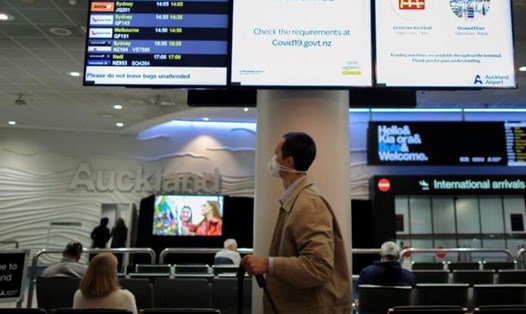On October 30, New Zealand announced the expansion of sanctions against Russia's "dark fleet". Notably, the announcement came just two days after an investigation revealed that a small New Zealand-based insurance company had assisted sanctioned oil trading by Russia and Iran.
"Dark fleet" is a term used to refer to a network of old, often unknown tankers that transport sanctioned goods from countries such as Iran, Russia and Venezuela. These ships often conceal their commercial activities by forging their GPS positions, using fake documents and names.
The announcement of the sanctions was made in Stockholm, during a meeting between New Zealand Foreign Minister Winston Peters and five foreign ministers of the Nordic countries. Mr. Peters said that New Zealand is sanctioning 65 more ships of the "shadow fleet" and individuals and organizations from Belarus and Iran related to the refining and transportation of Russian oil and facilitating payments related to oil.
Foreign Minister Peters stressed that these entities are part of a broader network allowing Russia to trade oil, undermining global efforts to cut funding for the conflict. He affirmed that by targeting the oil supply chain, New Zealand is taking drastic action to support international efforts to bring Russia to the negotiation table.
New Zealand's sanctions came shortly after a shocking investigation was published on October 28. The investigation revealed that Maritime mutual, a small New Zealand-based insurance company, has helped insure ships that are evading Western sanctions. Providing insurance is a key link, as most major seaports in the world require ships to have valid insurance to be allowed to dock.
By providing this type of insurance, Maritime mutual has helped ships in the "shadow fleet" continue to operate, supporting the trade of tens of billions of dollars in sanctioned oil by Russia and Iran.
The discovery of a New Zealand company directly involved in a sanctions circumvention network has put the government in an awkward position. The decision to expand sanctions immediately afterwards, targeting the "shadow fleet", is seen as an effort to reaffirm New Zealand's stance, demonstrating its determination to close the gaps and supporting international sanctions efforts.

